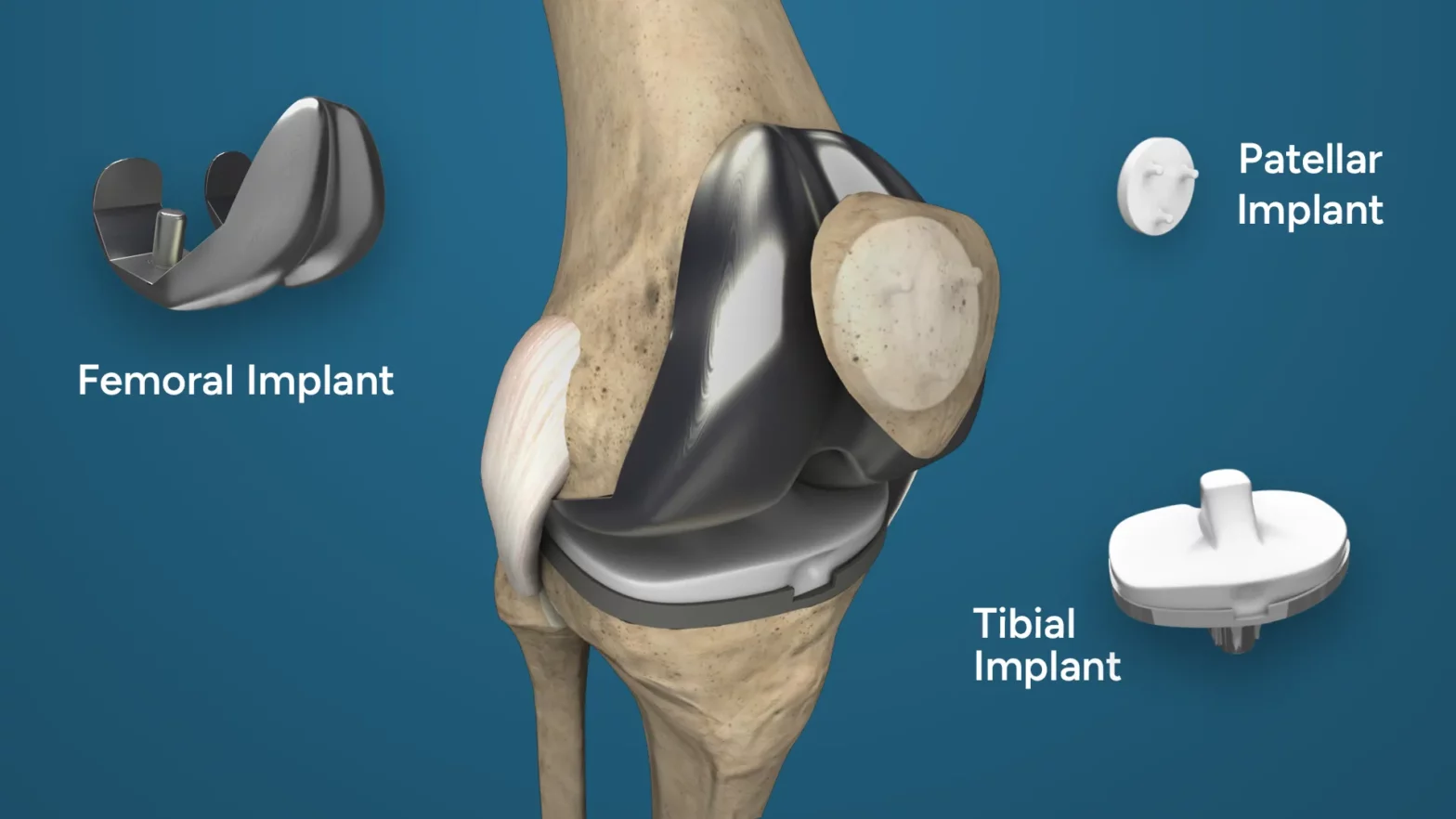May 17th, 2023
5 Important Questions for your Orthopedic Surgeon

What are your credentials?
Patients trust surgeons with a very important job, so it’s good to know about their background. That’s why credentials are a great starting point for your research. Credentials refer to what makes someone qualified to do their job. For surgeons, this includes where they went to medical school, where they completed their in-person training (also known as residencies), and what board certifications they have.
Another important aspect of credentials is knowing the title of the surgeon. Medical doctors (MDs) and doctors of osteopathic medicine (DOs) have both attended medical school and are qualified to perform surgeries on their own[1]. Physician assistants (PAs) and surgical nurse practitioners (SNPs) hold a master’s degree and can perform surgery alongside a medical doctor, but not alone[2].
In addition to having the right credentials, you will also want to know if a surgeon has any malpractice claims against them. Malpractice claims are when a patient reports a health care provider for illegal, inappropriate, or harmful treatment. This information can be found online through sources such as www.docinfo.org.
Expert Insights
Selecting a Surgeon - Daniel Cooper, MD
How many surgeries like mine have you performed?
It’s not as common for practices to have this information on their websites, but some surgeons may give estimates along with their credentials. You can also call their office and ask about this. Office staff likely will not know exact numbers for each surgeon, especially if the surgeon recently came to that practice. But they may be able to give you a general idea of how many surgeries are performed at that practice each month. This will allow you to compare between practices to see how in demand each surgeon is.
If you know you need a specific surgery, such as carpal tunnel release, you can ask how many of that procedure the surgeon has performed during your consultation. The consultation is also the perfect time to ask the surgeon about their success rates, or the percentage of people who experience improvements after their surgery. Another important piece of data to know is the surgeon’s rate of complications, which will tell you how often patients experience problems after their surgery.
What is the reputation of the hospital?
Just as you are looking into several surgeons, it’s equally important to research the quality of the hospitals they are associated with[3]. If your procedure is simple enough, it may be performed in an outpatient clinic so you can return home on the same day. Most other surgeries take place at a hospital the surgeon is connected with. So, even if you have a skilled surgeon, procedures can be impacted by hospitals with concerns like unsanitary conditions and poor staffing.
Some of the best health care centers are teaching hospitals, which are hospitals that partner with universities and colleges to educate health care professionals. Studies show that teaching hospitals have lower surgery complication rates due to their ability to treat complex conditions[4]. This also benefits nearby hospitals, as research shows that community hospitals close to teaching hospitals offer a lower rate of complications from surgery and a greater number of days spent at home after surgery[5]. However, patients should also consider location, since they will need to travel to and from the hospital for surgery and follow-up appointments.
Do the surgeon and the hospital work with my insurance?
While having a reliable surgeon is important, money can be a deciding factor at times. This is why you should know from the start what surgeons and hospitals work along with your insurance company. The ones that do will cover part or sometimes all of the surgery cost. In the event your surgeon and hospital do not accept your insurance, you will be left with a very large bill after your surgery. Once you know who is “in network” with your insurance, you can continue the research process more confidently. It’s also nice to know if the surgeon’s office will help with this paperwork, since insurance companies give patients many forms to fill out.
Am I comfortable with the surgeon?
This one is more of a question you should ask yourself after interacting with a few surgeons. If you’re able to speak with them during a consultation, pay attention to how they treat you. How much time did they spend with you? Did they rush you while you were trying to talk? Did they invite you to ask any questions? This gives you an idea of the surgeon’s bedside manner, which tells you how approachable they are and if their personality works well with yours. This can indicate if you’ll enjoy dealing with them in the hospital and for follow-up visits. Studies show that doctors spend around 66% of their time on direct patient care, so patients should feel comfortable during that time[6].
While these questions will give you a great start in choosing the right orthopedic surgeon, it is also possible to get recommendations from other health care providers. You can do this by reaching out to local physical therapists (PTs), occupational therapists (OTs), and athletic trainers (ATs) to get their advice about the best local surgeon. These professionals see many patients, so they should be familiar with the work of nearby surgeons. This usually leads them to develop a professional opinion about what surgeons are better than others. Some people may choose to use these recommendations as a way around their own research, while others may use those names along with other information. No matter what option you go with, be sure that you have the answers you need to feel at ease with your choice.
Find an Orthopedic Doctor in Your Area





